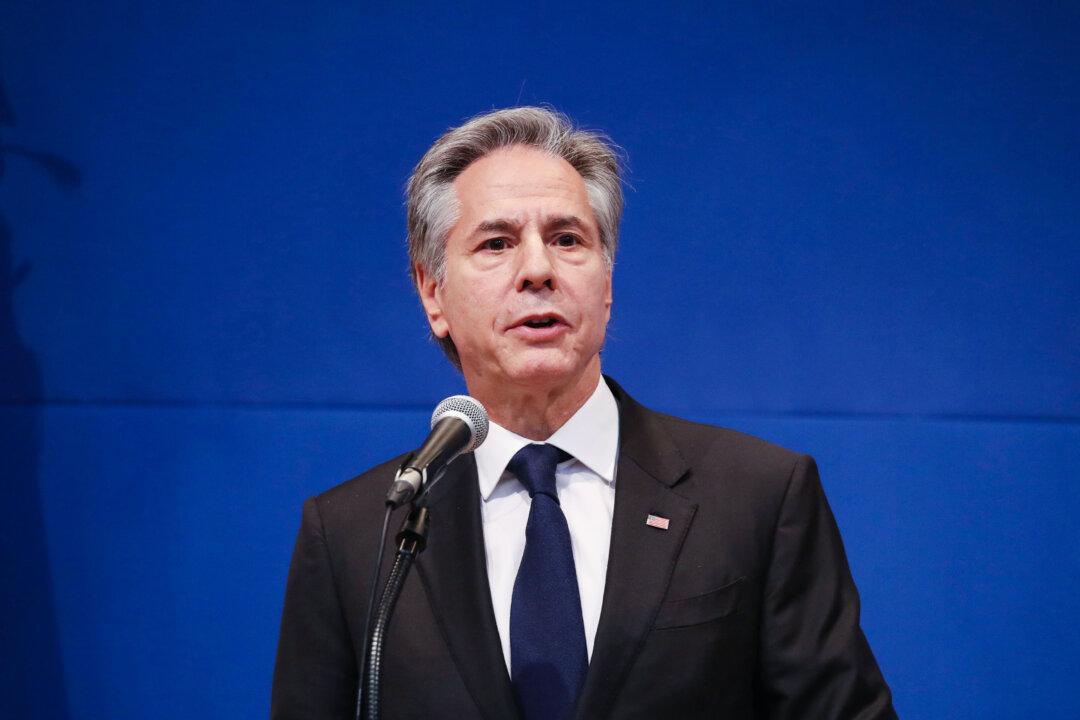Secretary of State Antony Blinken on Jan. 16 reaffirmed the United States’ commitment to protecting religious freedom at home and abroad in a statement marking National Religious Freedom Day.
“The United States remains steadfast in its centuries-long commitment to protect the freedom of religion or belief for all, both at home and around the globe,” he said.





